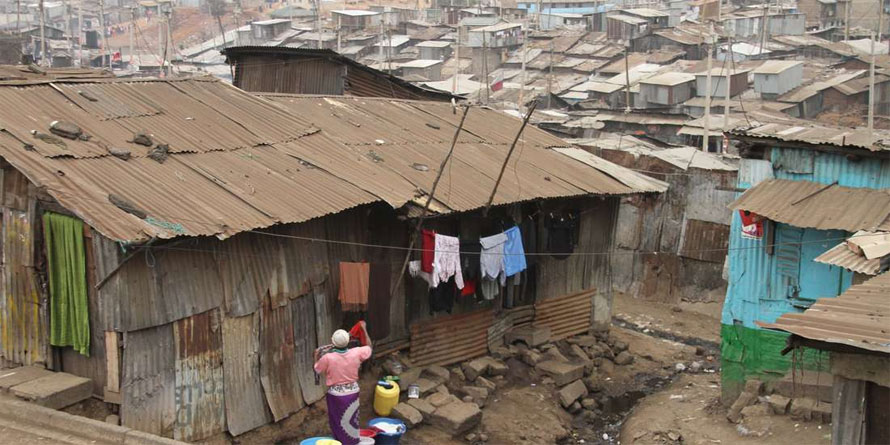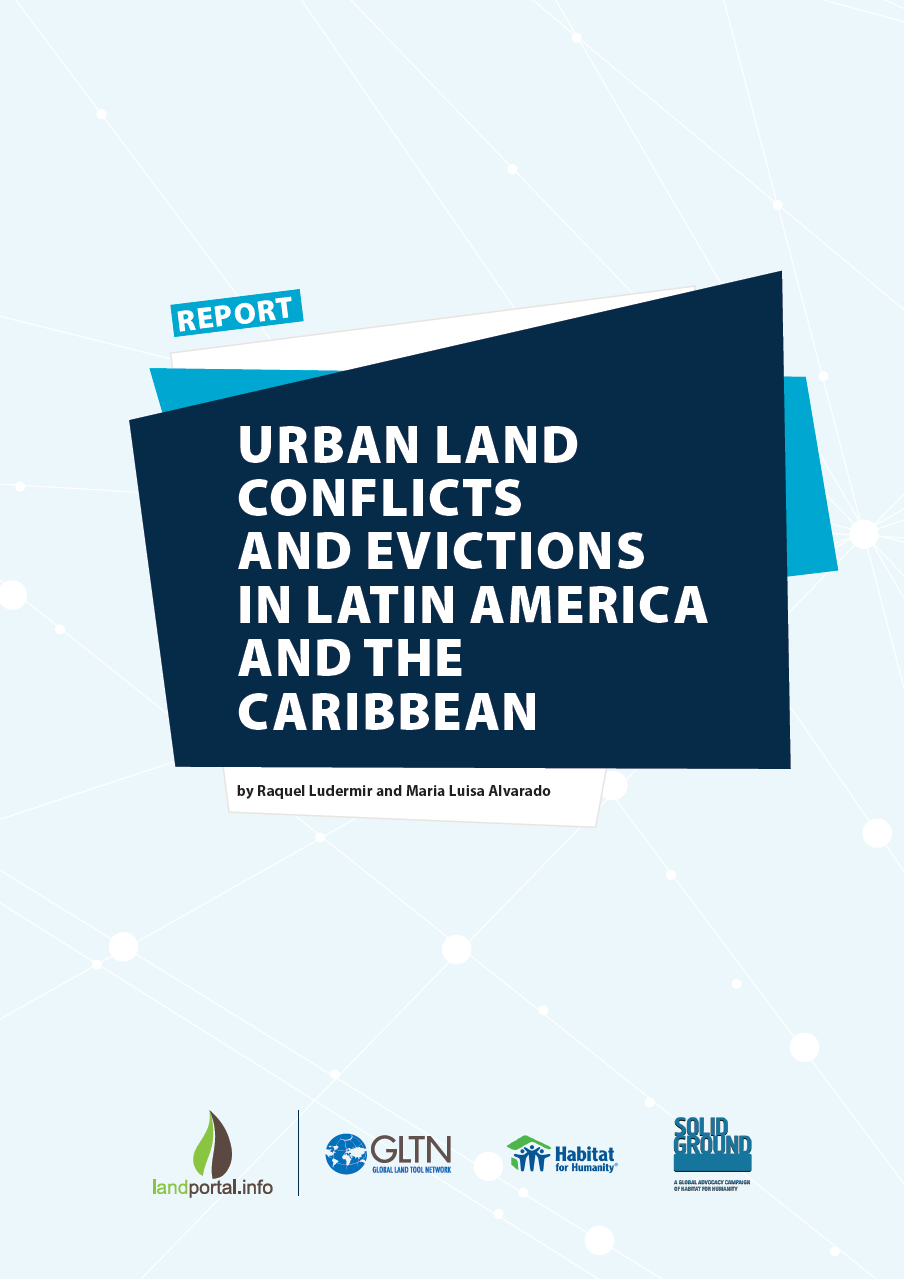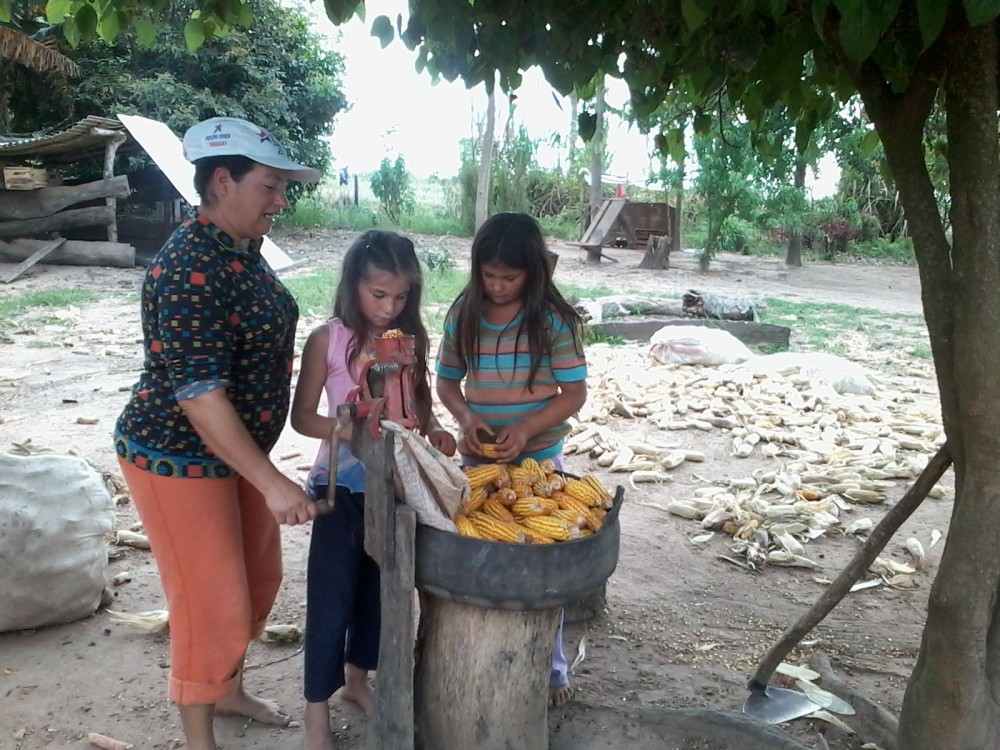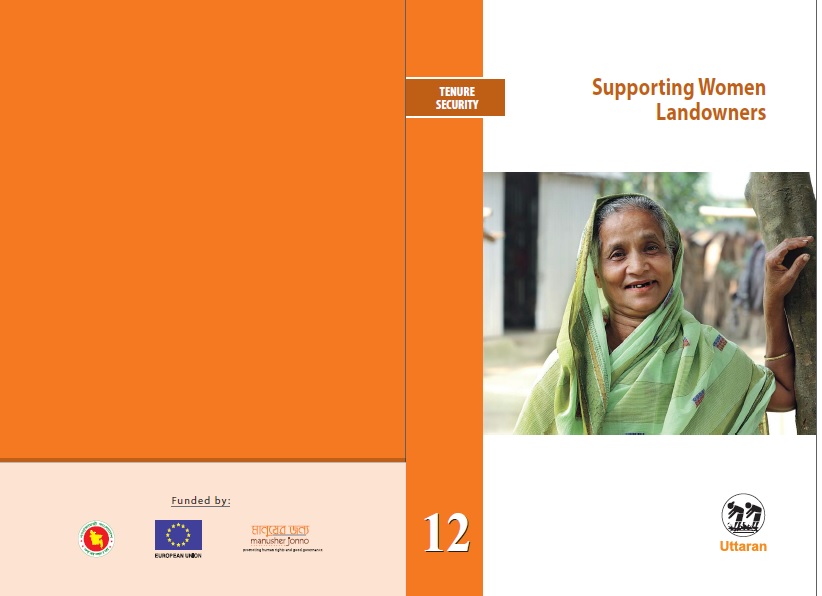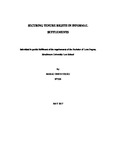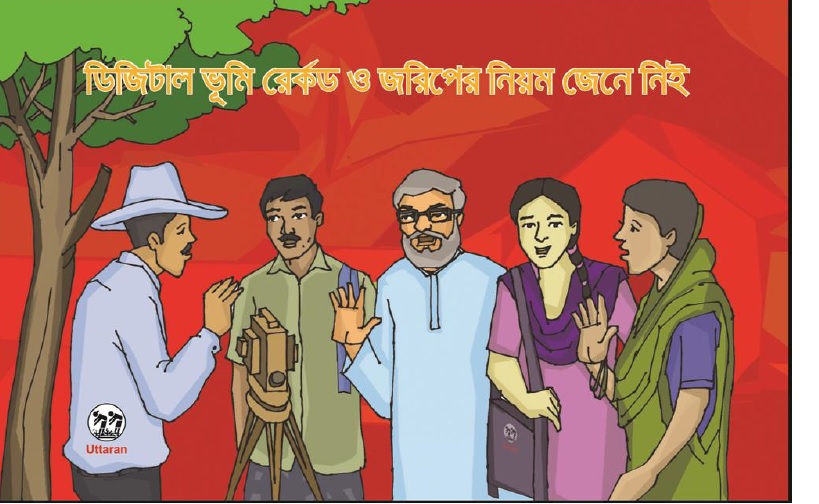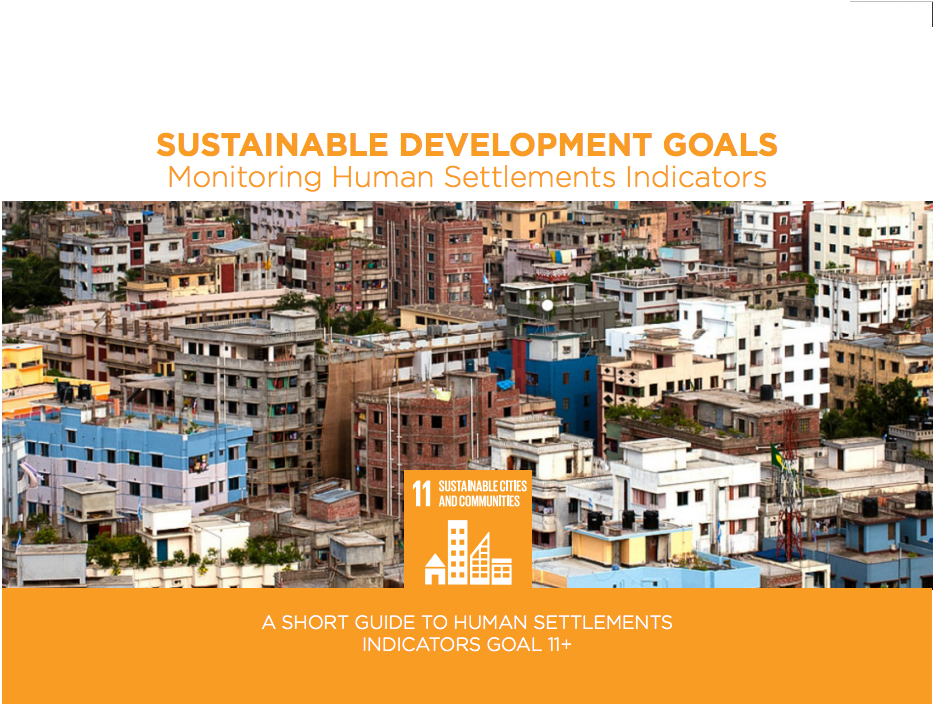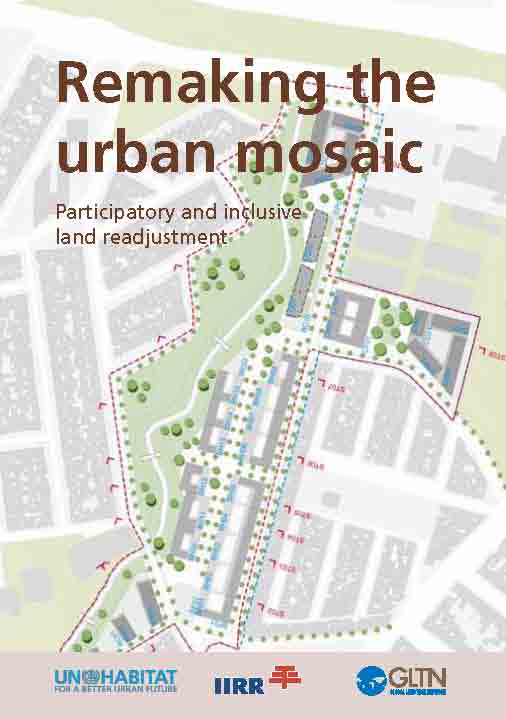Metadata on SDG Indicator 11.1.1
The housing sector including its institutions, laws and regulations, touches every single aspect of the economy of a country and has interface with practically every social development sector. People living in adequate homes have better health, higher chances to improve their human capital and seize the opportunities available in urban contexts. At the same time, a housing sector that performs well acts as a ‘development multiplier’ benefiting complementary industries, contributing to economic development, employment generation, service provision and overall poverty reduction.

